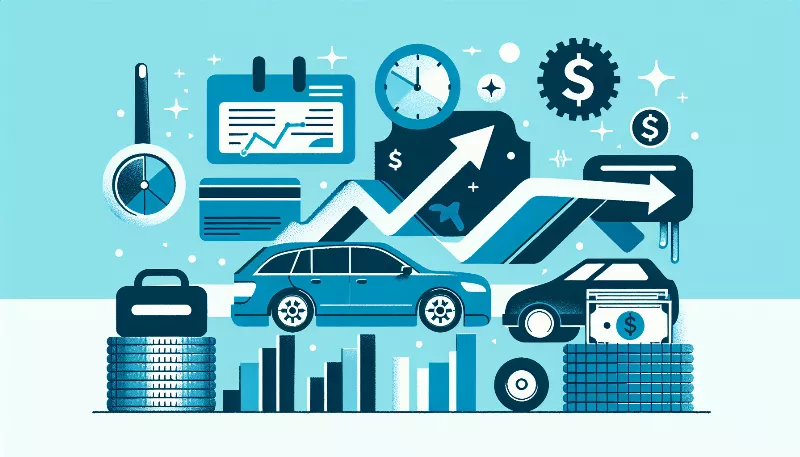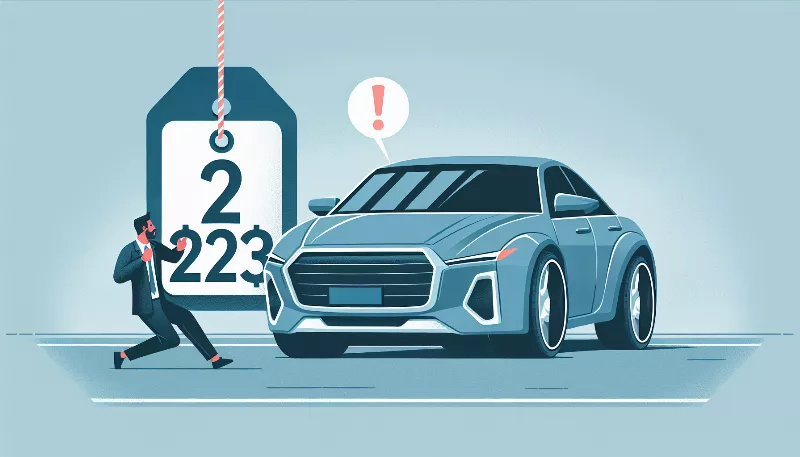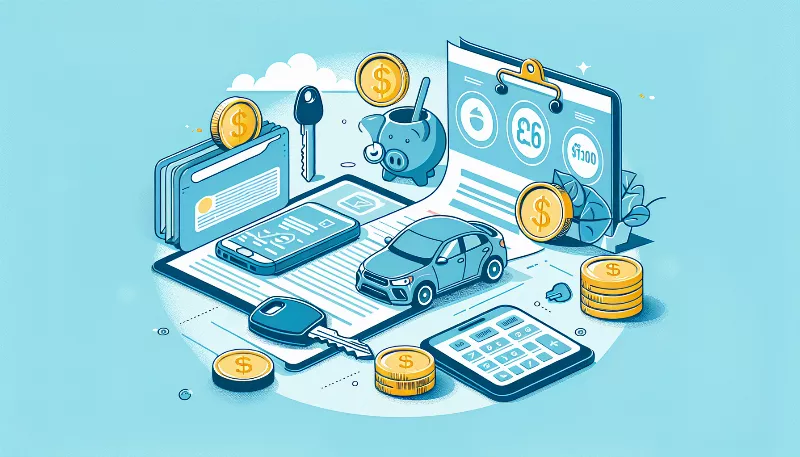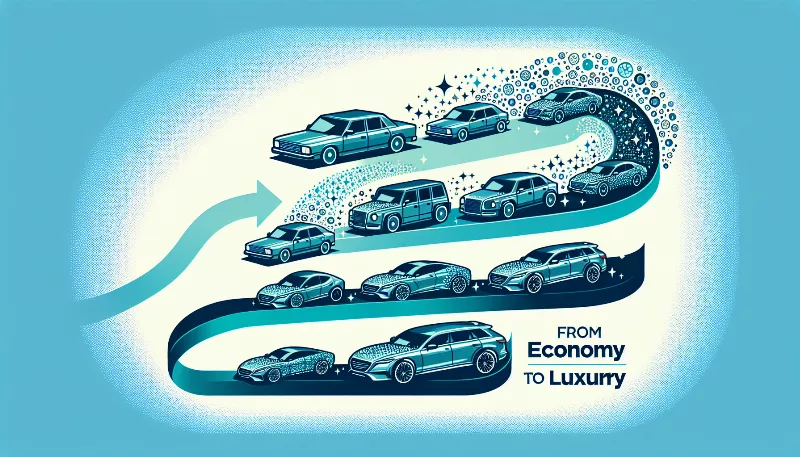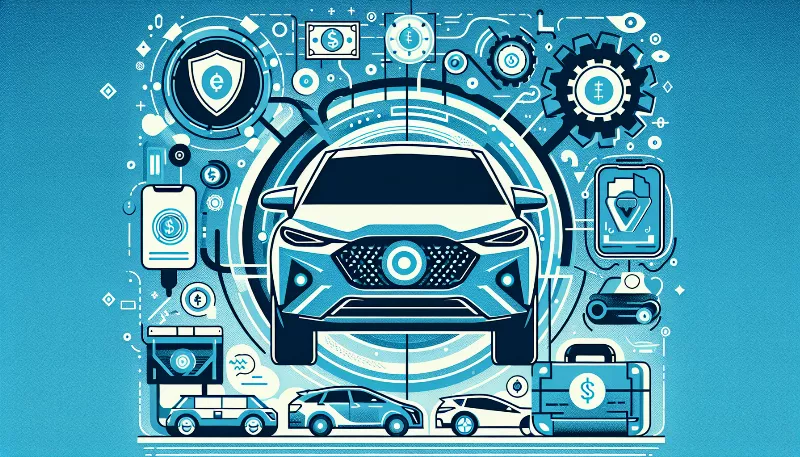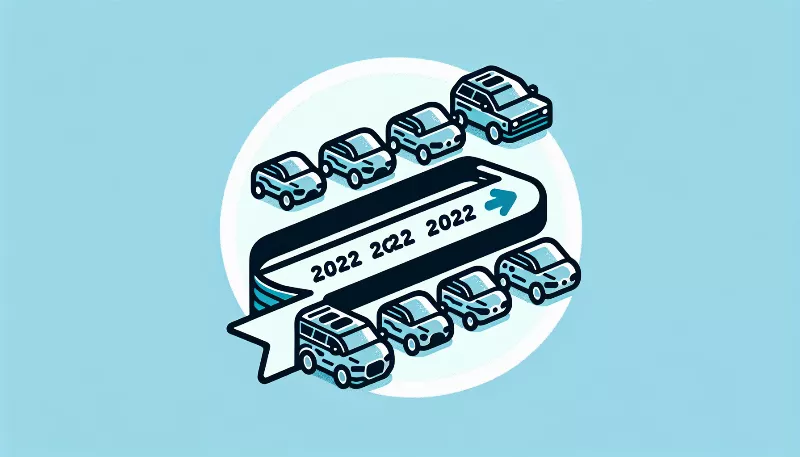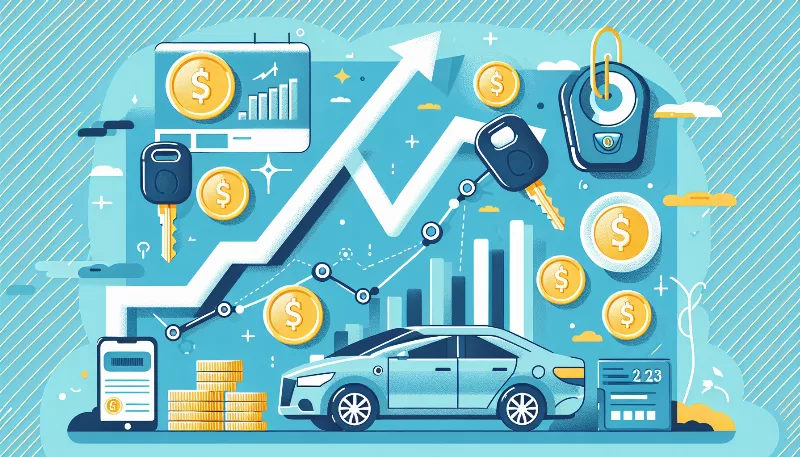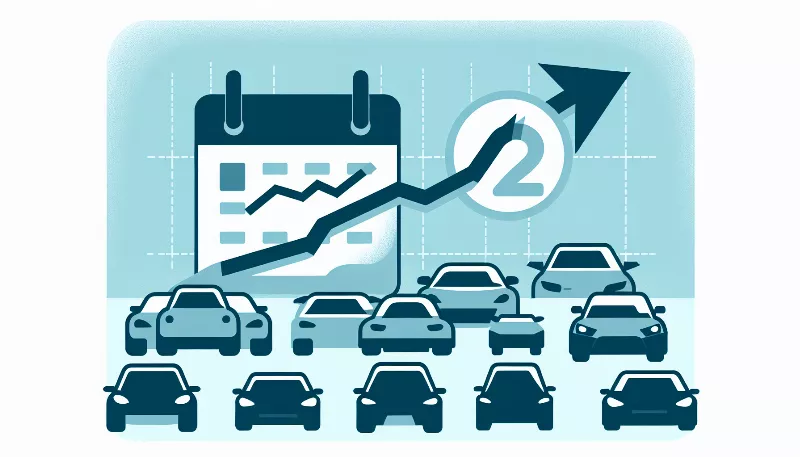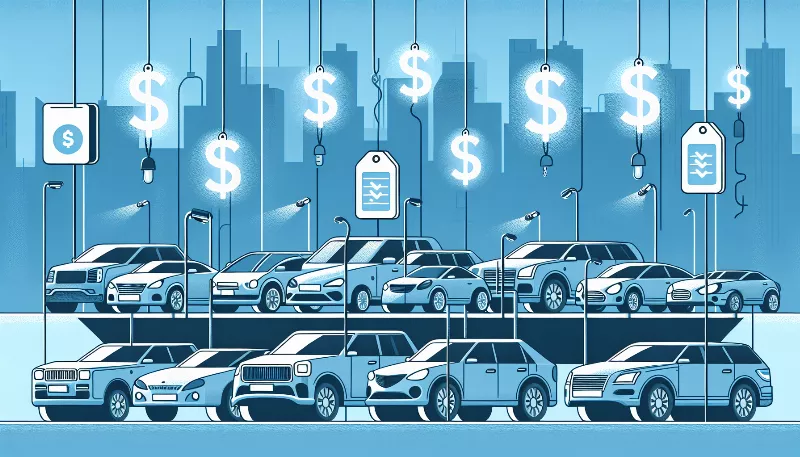How does vehicle depreciation impact used car pricing?
Unlock the secrets of used car pricing! Learn how vehicle depreciation affects value and make smarter buying choices. Get expert insights now!
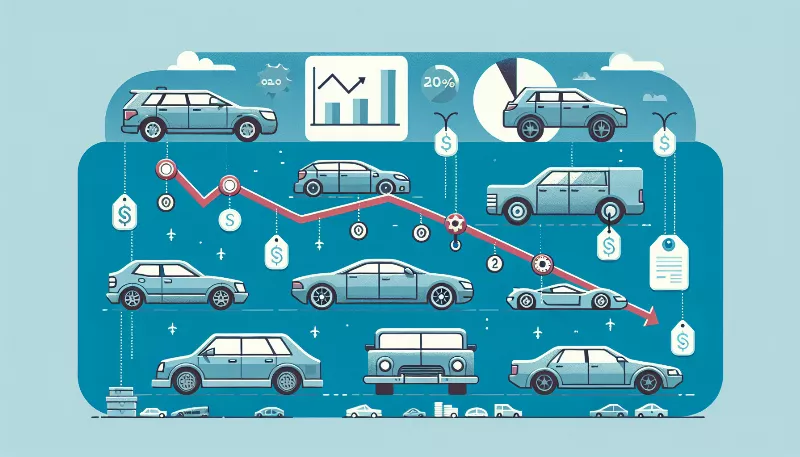
Understanding the Drive Behind Used Car Values: The Role of Depreciation
When you're in the market for a used car, one term you'll encounter time and again is 'depreciation.' But what exactly does this mean for used car pricing? Let's buckle up and take an exciting ride through the world of vehicle depreciation to understand how it directly influences the price tags on pre-owned vehicles!
The Fast Lane of Depreciation: What It Is and Why It Happens
Depreciation is the automotive equivalent of aging – it's the reduction in value of a car over time. From the moment a brand-new car zooms off the dealership lot, it begins to lose value. Several factors fuel this financial downshift, including wear and tear, mileage, and the relentless march of automotive technology. Newer models with snazzier features make older versions seem less appealing, causing their market value to skid.
Calculating the Curve: Depreciation Rates and Used Car Pricing
Generally, cars depreciate fastest in the first few years. It's not uncommon for a new vehicle to lose 20-30% of its value in the first year and about 50-60% or more over three years. This steep depreciation curve is crucial for used car buyers, as it means you can get a relatively new car for a fraction of its original cost. However, the rate of depreciation isn't uniform across all makes and models. Some cars hold their value better due to reliability, brand reputation, or consumer demand.
The Mileage Milestone: How Distance Traveled Affects Depreciation
Mileage is like the odometer of depreciation – the higher it goes, the lower the value of the car. High-mileage cars are often priced lower because they're perceived to have more wear and tear, which could mean more maintenance and repair costs down the road. However, don't let high numbers scare you away! A well-maintained car with higher mileage can still be a great buy if it's been taken care of properly.
Condition and Care: Keeping Value in the Fast Lane
The condition of a used car is a significant factor in its depreciation. Dents, scratches, and mechanical issues can accelerate depreciation, while a well-maintained vehicle with a clean history report can retain more of its value. Regular maintenance and careful driving can help keep a car's resale value in higher gear.
Timing Your Purchase: Seasonal Shifts in Depreciation
Believe it or not, even the time of year can affect used car prices. Convertibles and sports cars may be in higher demand during the summer, while SUVs and trucks might fetch higher prices when winter approaches. Understanding these seasonal trends can help you time your purchase to get the best deal.
Final Thoughts: Navigating the Depreciation Highway
Vehicle depreciation is an inevitable part of car ownership, but it doesn't have to be a roadblock to finding a great used car. By understanding how depreciation works and what factors influence it, you can make informed decisions and potentially save thousands on your next vehicle. So, keep depreciation in mind, do your research, and you'll be well on your way to scoring a fantastic deal on a used car that meets your needs and budget!


